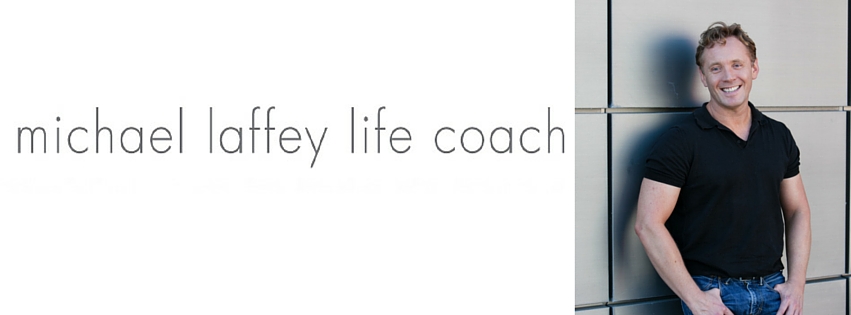Models & Perspectives | Dealing With Adaptation
What’s in a Model or a Theory?
We all possess a multitude of theories and models which we apply in our daily life. Call it morals, assumptions, social conduct, etc.
They benefit us as they provide a framework or quick reference point with which to understand our personal experiences.
It is through that process of squaring our current reality to the model that we understand the context of our situations; why the present is what it is, why the past was what it was, our strengths throughout and where there is still opportunity to develop or, even, make changes.
The model/theory framework also helps us to map anomalies or gaps in our situations. They allow insight which can clarify & define goals, assess new ways of achieving them and plot our progress..
Perspectives
Our changing perspective on life and its situations never ceases to interest me – sometimes it’s painful, sometimes it’s heart-warming, sometimes unsure and frequently, I hope, optimistic.
Perspective can come from our history of experiences and emotions. Sometimes we misjudge a situation because we can be clouded by our emotions. Perhaps we remember a similar situation in the past and infer the same context and emotions onto the current situation. Perhaps something affected our mood earlier in the day and we’re holding onto that emotion and not reading the current situation as objectively as we could.
So perspectives change when our assumptions are questioned; either by hearing someone else’s perspectives or by placing ourselves in a different situation where we have to abstain from our automatic response and re-think.
“Seen it, done it… and OK, I’ll try something new!”
These are some go-to models I use for my own self-management:
- The Wheel of Life – for a check & balance on many areas of life
- Erikson – Life Stages – Good to know that if it’s a phase you’re going through that it’s only a decade or so 🙂 Not to forget that it’s somewhat unburdening to understand more clearly why we have particular focuses at certain stages in life
- Kivnick – Life Strengths – A retrospective approach in identifying inherent or learnt strengths in life. It’s a nice change from beating oneself up. It’s an approach used in helping older people understand their positives. I seriously believe it has value at any stage
- The Happiness Formula – Deriving from the Positive Psychology school, a nice reminder that even if we feel genetically predisposed to a certain level of happiness there are always options and we can control those options and therefore have greater influence over our outcomes



